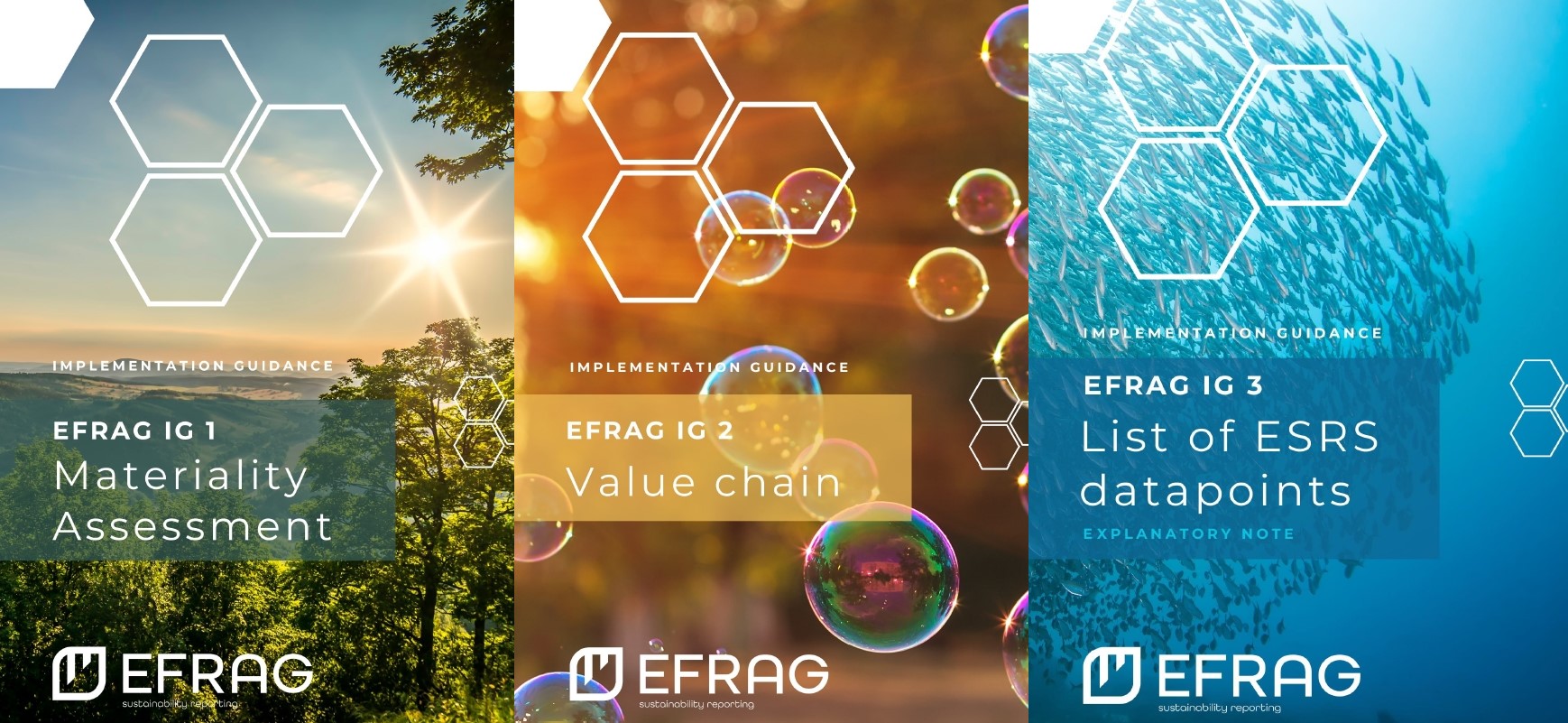EU Clarifies Corporate Sustainability Reporting Rules with New FAQs

The European Commission released a detailed set of frequently asked questions (FAQs) on 7 August 2024 to clarify the implementation of the EU Corporate Sustainability Reporting Directive (CSRD) — Directive (EU) 2022/2464.
These FAQs provide important guidance on various aspects of the CSRD, as well as its interaction with other key EU legislation, including:
- the Accounting Directive (Directive 2013/34/EU);
- the Transparency Directive (Directive 2004/109/EC);
- the Sustainable Finance Disclosure Regulation (SFDR) (Regulation (EU) 2019/2088).
The new guidance responds to input from affected companies and covers key areas such as the scope of the directive, timelines for compliance, and available exemptions. Among the practical tools included are a flowchart to determine an entity's coverage under the sustainability reporting requirements and of the applicable financial year, аs well as a table outlining the application dates for various types of entities required to report on sustainability.
In the guidance, a detailed overview of the sustainability reporting requirements introduced by the CSRD is presented, covering key elements such as scope, reporting obligations, phased implementation, and voluntary disclosure options.
Key Provisions of the CSRD
The CSRD introduces significant changes to the scope and requirements for sustainability reporting, expanding its reach to cover a broader range of organisations. The scope of application is defined as follows:
The CSRD applies to a variety of entities, including:
- Large enterprises: These are organisations that meet specific criteria defined by the EU, typically based on size, financial thresholds, or public interest.
- SMEs (excluding micro-enterprises) with securities listed on regulated EU markets: These companies, though smaller in size, will be required to adhere to the reporting standards when their securities are traded on EU-regulated exchanges.
- Parent companies of large groups: These entities will be responsible for ensuring their group-wide sustainability disclosures meet CSRD requirements.
- Non-EU entities conducting significant activities in the EU or with securities listed on regulated EU markets: These organisations will need to align their reporting with the CSRD when they operate or are listed in the EU market.
These provisions are part of the CSRD’s broader efforts to enhance transparency and ensure that sustainability impacts are fully accounted for across all relevant sectors.
Reporting Requirements:
The sustainability reports must provide detailed information on the organisation’s impact on sustainability, as well as how sustainability factors influence its performance and development. These reports must be prepared in compliance with the European Sustainability Reporting Standards (ESRS) and presented in a digital format using the European Single Electronic Format (ESEF). Furthermore, they must undergo assurance by in-house auditors or independent service providers to verify the accuracy and reliability of the information presented.
Phased Implementation:
- From 2024: Large public-interest entities with over 500 employees.
- From 2025: All large enterprises.
- From 2026: SMEs, small and non-complex institutions, and captive insurance undertakings with securities admitted to regulated EU markets.
Exemptions:
Parent companies preparing consolidated sustainability reports may exempt subsidiaries under certain conditions. However, entities with securities listed on regulated EU markets are not eligible for this exemption.
Voluntary Disclosure:
SMEs with securities not listed on EU markets can opt for voluntary disclosure, which remains outside the scope of the CSRD.
These developments aim to standardise and enhance transparency in sustainability reporting across the EU, aligning corporate activities with environmental, social, and governance (ESG) objectives. The phased approach and proportionate requirements provide organisations with the flexibility to adapt while supporting the EU’s commitment to sustainability and accountability.
Organisations subject to the CSRD should prioritise aligning their reporting practices with the directive and ESRS standards to meet upcoming obligations and address stakeholder expectations effectively.
The release of these FAQs marks a significant step towards enhancing transparency and ensuring that companies across the EU understand and comply with evolving sustainability reporting requirements.



